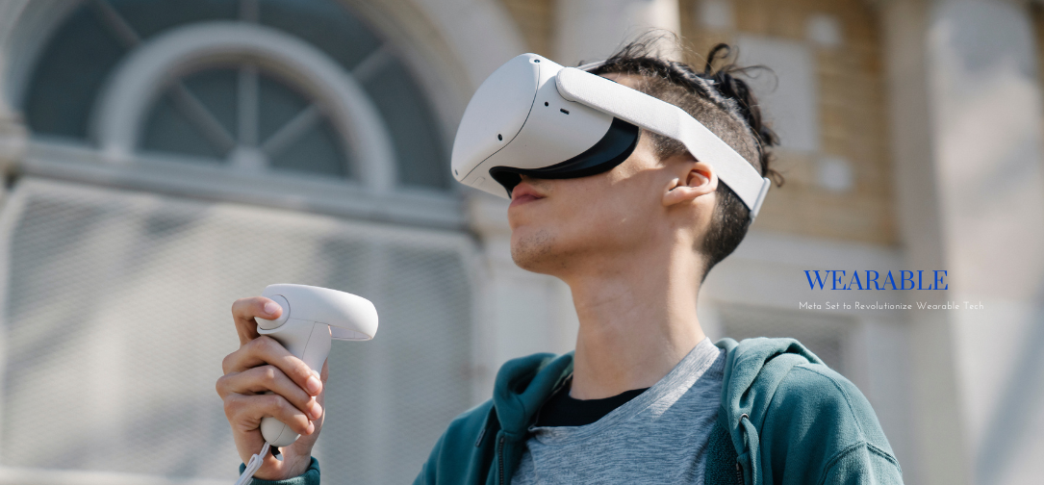Meta has announced ambitious plans to launch a series of AI-powered wearables by 2025, aiming to flood the market with innovative devices that blend augmented reality with everyday functionality. This move comes as the company seeks to recover from previous setbacks in the tech landscape, particularly with its metaverse initiatives.
Key Takeaways
- Meta plans to release six new AI wearables in 2025.
- The company aims to sell hundreds of millions of AI glasses, with a long-term goal of billions.
- New products may include sports-centric AR glasses and various styles of smart glasses.
Meta’s Vision for AI Wearables
In a leaked memo titled “2025: The Year of Greatness,” Andrew Bosworth, head of Meta’s Reality Labs, outlined the company’s strategy to launch multiple AI wearables. This initiative is part of a broader effort to enhance user engagement and retention in mixed reality (MR) environments.
The memo emphasizes the need for Meta to capitalize on its existing technologies, particularly following the mixed reception of its Horizon Worlds platform. Bosworth stated, “We need to drive sales, retention, and engagement across the board but especially in MR.”
Product Lineup and Features
Meta’s upcoming lineup of AI wearables is expected to include:
- Smart Glasses: Building on the success of Ray-Ban Meta glasses, the new models may feature various styles and enhanced functionalities.
- Sports-Centric AR Glasses: Designed for athletes, these glasses are rumored to offer performance metrics and real-time data overlays.
- Heads-Up Display Glasses: Internally referred to as Hypernova, these glasses could provide users with essential information without needing to check their phones.
The company is also exploring different styles, similar to the existing Ray-Ban models, which come in various designs and price points.
Challenges Ahead
Despite the ambitious plans, Meta faces significant challenges. The tech industry is still recovering from the backlash against the metaverse concept, and skepticism remains regarding the practicality of wearable technology. Bosworth acknowledged the weight of history on the company’s shoulders, stating, “This year likely determines whether this entire effort will go down as the work of visionaries or a legendary misadventure.”
The Future of Wearable Technology
As Meta prepares to launch its AI wearables, the company must prove that it can deliver on its promises. The success of these devices will depend on their usability, functionality, and the ability to integrate seamlessly into users’ daily lives. With competitors like Apple also exploring similar technologies, the race for dominance in the wearable tech market is heating up.
In conclusion, Meta’s commitment to launching a diverse range of AI wearables by 2025 marks a significant shift in its strategy. The company aims to redefine how users interact with technology, potentially setting new standards in the wearable tech industry.














